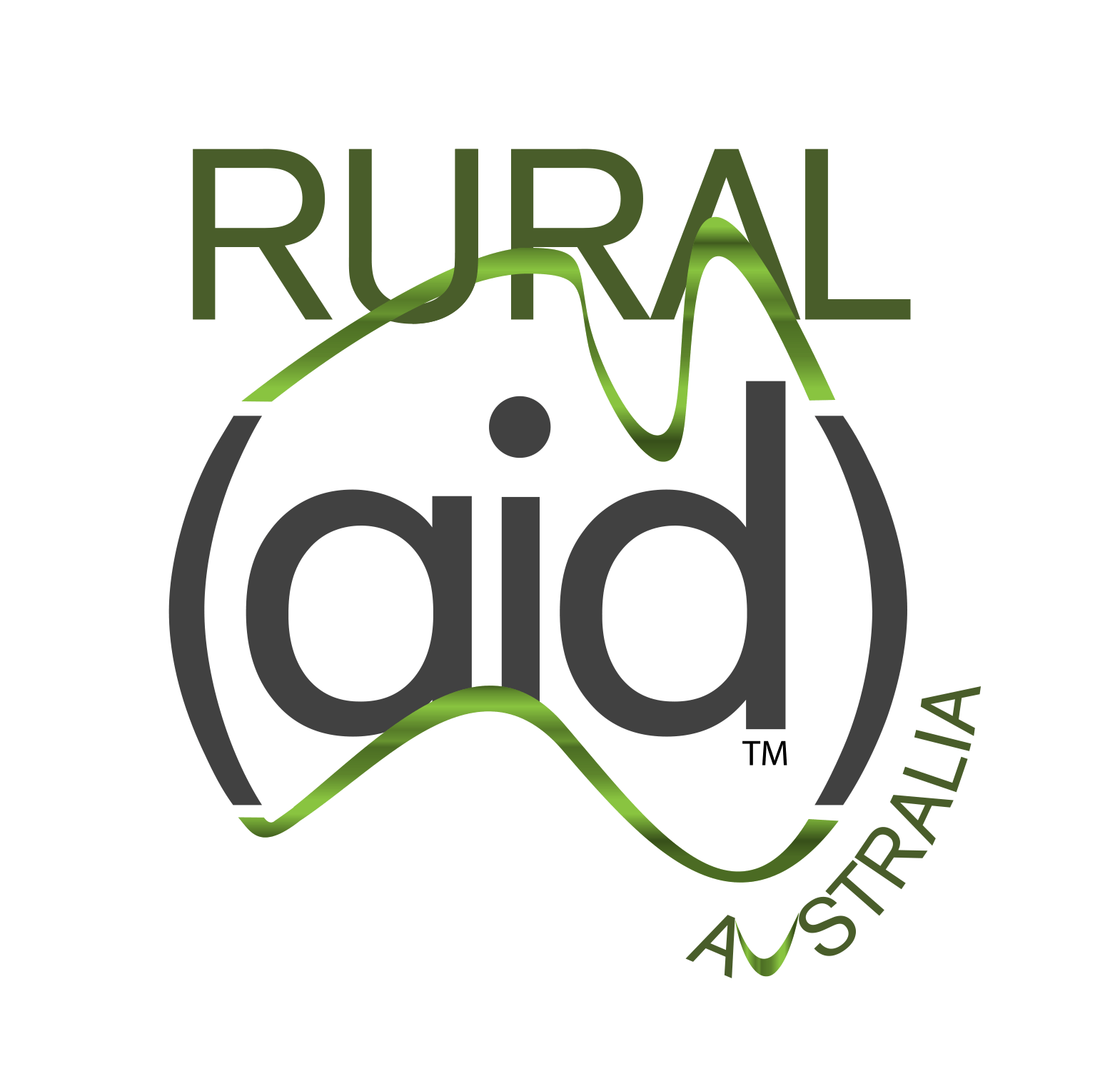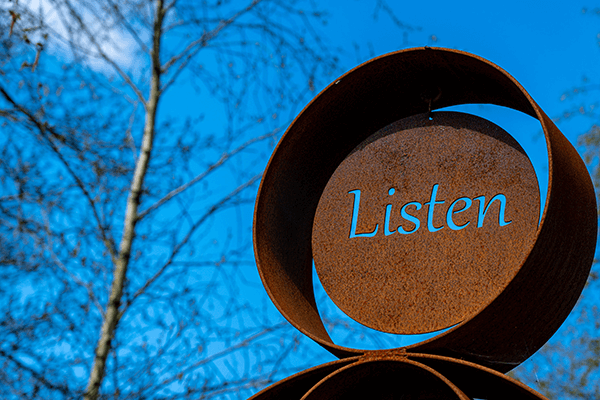How to Help When Your Mate Says They’re Not Okay
By Roger Hitchcock
Rural Aid counsellor and community representative
RUOK day is on 14 September, 2023. This wonderful initiative reminds us to ask those in our circle ‘Are You OK?’ When we consider our circles, this should include our close family and friends (inner circle), our relatives and neighbours (middle circle) and those who we work with or know/notice in our great communities (outer circle).
Asking someone, ‘Are you OK’ is showing that you care. But what do we do when the person we ask replies, ‘Actually, I’m not OK?’
This situation can be confronting and uncomfortable for both people. Remember the strength that the person who has said they are not OK has shown by reaching out, making themselves vulnerable and respond by being strong and vulnerable yourself. Do this by being there. Reply with something like, ‘I’m listening. Tell me why you’re not OK?’ Then allow the person to tell you. Remember, a lot of the time the person who is not OK wants to release their thoughts and anxieties. Listen, Listen, Listen. Do not feel you need to offer advice or an opinion. Do not feel you need to try to ‘fix’ the situation for the person. Just be genuinely present. Even though inside you are thinking ‘I’m way out of my comfort zone here’ and that you don’t want to cause any harm. Acknowledge these feelings as real, but don’t feel the need to express them. The power of being there and being present cannot be understated and can be all that the other person requires.
Do not say, ‘I know how you feel’, because you don’t. You can say, ‘I can only imagine what you’re feeling right now’. Do not say, ‘It’s time you moved on’. Instead, acknowledge the fact that everyone handles stress, grief and loss differently and uniquely. Never say, ‘Harden up’ or ‘You’ll get over it’, no matter what you are personally feeling inside.
If your conversation is interrupted by someone else when being there for a person who is not OK, be the person that changes the subject immediately. It’s up to the individual to let others know how they’re feeling, not you. You are the person that they’ve trusted and felt they can confide in. Respect this privilege.
The expert on knowing when we are not feeling OK is ourselves. So, listen to your mind and body.
As a counsellor, I give my clients ‘unconditional positive regard’. This means that I know that the person who has had the strength to confide in me, also has the strength and is best placed, to move forward in the way they feel is right. It’s not about me. I remind the person that they will get through this situation, and that I genuinely believe in their ability and strength to do so. I also commit to going on their journey alongside them; never leading them and never telling them what they need to do. I will ask them to consider a different view on their current present beliefs. If they’re thinking, ‘I will never get through this’, I might suggest they say, ‘I cannot see how I’m going to get through this at this moment’. Ask if there has been a previous time when things were hard by saying, ‘Tell me what you did to get through that situation?’. Reminding them they have been able to get through a difficult situation before is beneficial.
Most importantly, if you feel the person needs to speak to a professional counsellor, walk that walk with them. If needed, be there when they are vulnerable but strong enough to make that initial call.
Rural Aid has free counsellors across Australia who are specially trained to help farmers. Give us a call on 1300 175 594, Monday to Friday.

